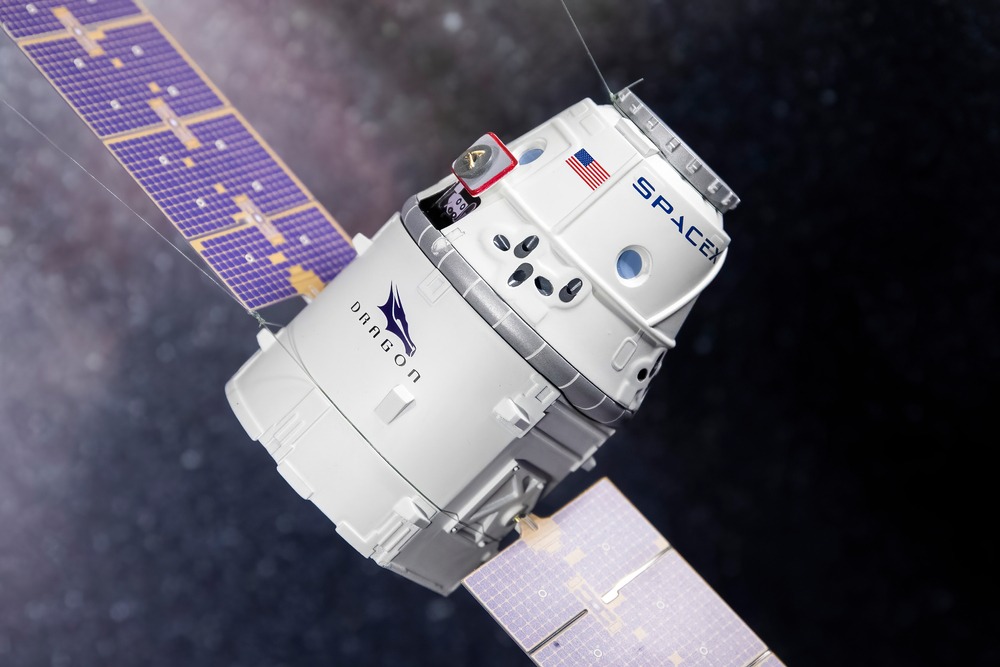Recently, the manufacturers conducted the first-ever space-based two-way speech call. The operation went through using regular cell phones. According to a news release, the technology might be critical in giving space-based cellular access to roughly half of the world’s population. It is crucial news for the entire world.
In order to offer service in a specific region, cellular networks require mobile towers. However, even in affluent countries such as the United States, there are many “dead zones.” We consider such zones as national parks or rural settlements where there are no cellular networks.
Companies such as Elon Musk’s SpaceX are attempting to deliver internet services via satellite constellations. But they require specialized equipment to do so. AST SpaceMobile, a satellite designer and manufacturer, is likewise trying to give consumers space-based cellular service. Besides, users do not require any new equipment and can continue to use their existing devices.
The first call was made from AST SpaceMobile’s facility in Midland, Texas. The callers used AT&T’s cellular network with a Samsung Galaxy S22 smartphone. Rakuten, a Japanese company, received a call through AST’s BlueWalker3 satellite. They basically deployed the biggest communication array ever in orbit.
The future of regular calls to space
AT&T, Rakuten, and Vodafone engineers assisted in the planning and testing of the first call. This is a key step in validating AST’s system and architecture.
Furthermore, AST SpaceMobile successfully exchanged SIM and network information with the BW3 satellite.
Apple’s iPhone will be able to contact emergency services when cellular networks are unavailable. All while AST SpaceMobile’s technology provides this service across handsets and at all times. The firm has agreements with mobile network carriers with over two billion users worldwide and may deliver similar services in impoverished nations.
It is unclear whether satellite access for existing handsets will be an additional fee. Besides, developed countries may even include it in existing contracts for consumers. We will have to wait and watch how cell network carriers handle this. Thought it is certain they would give SpaceX a run for its money.
















